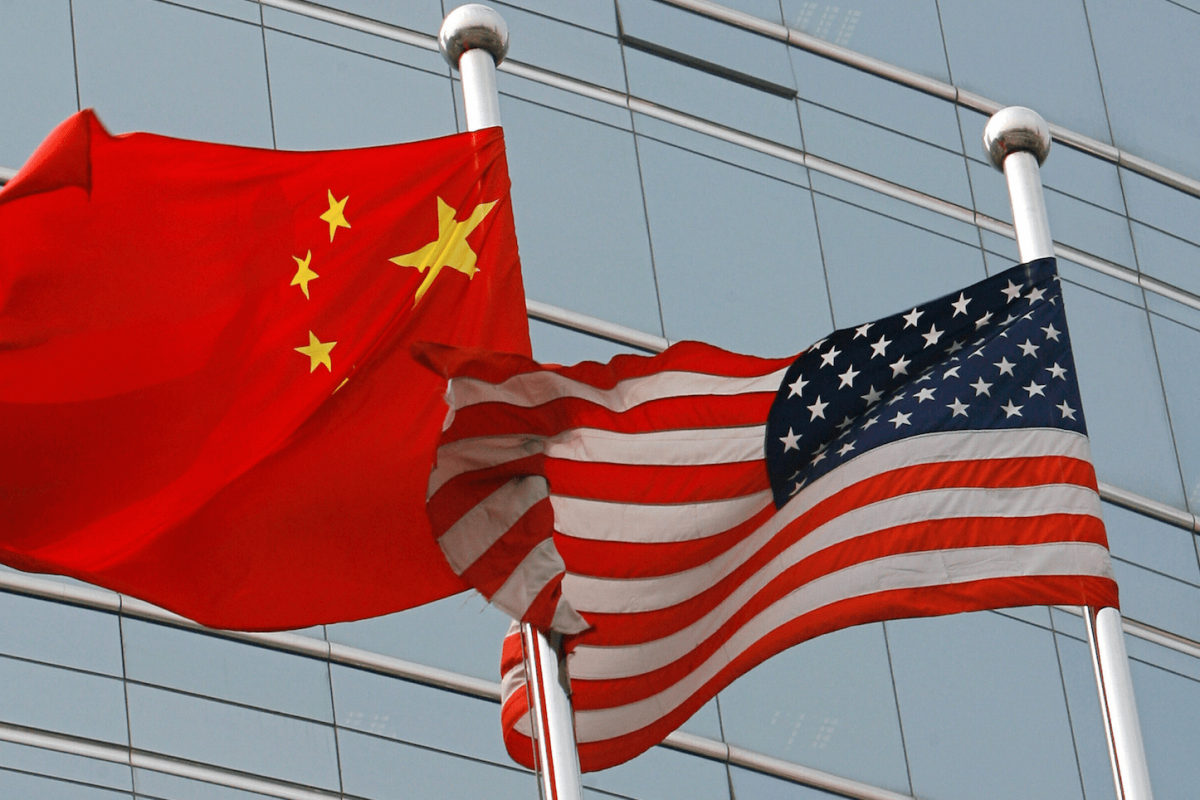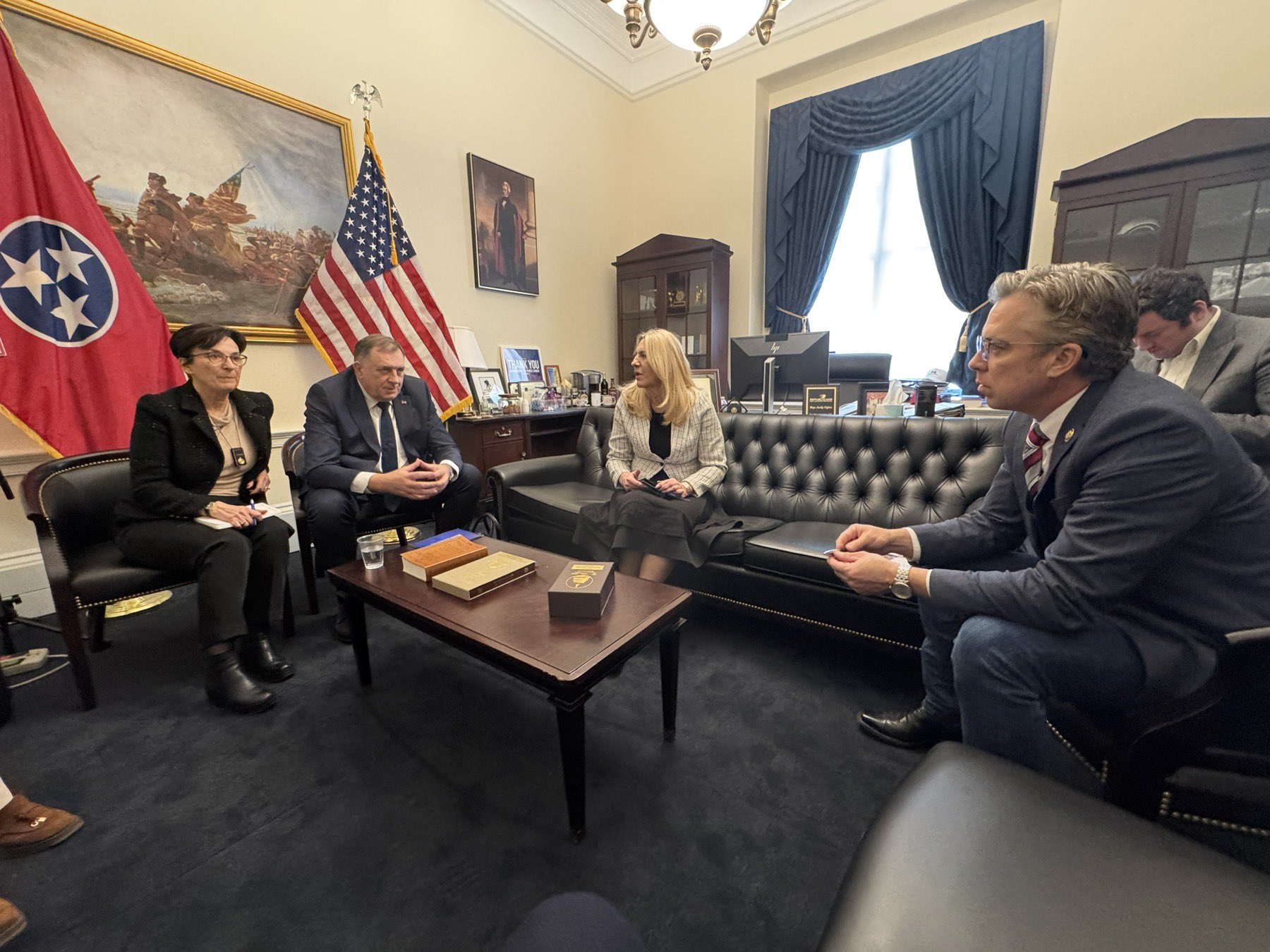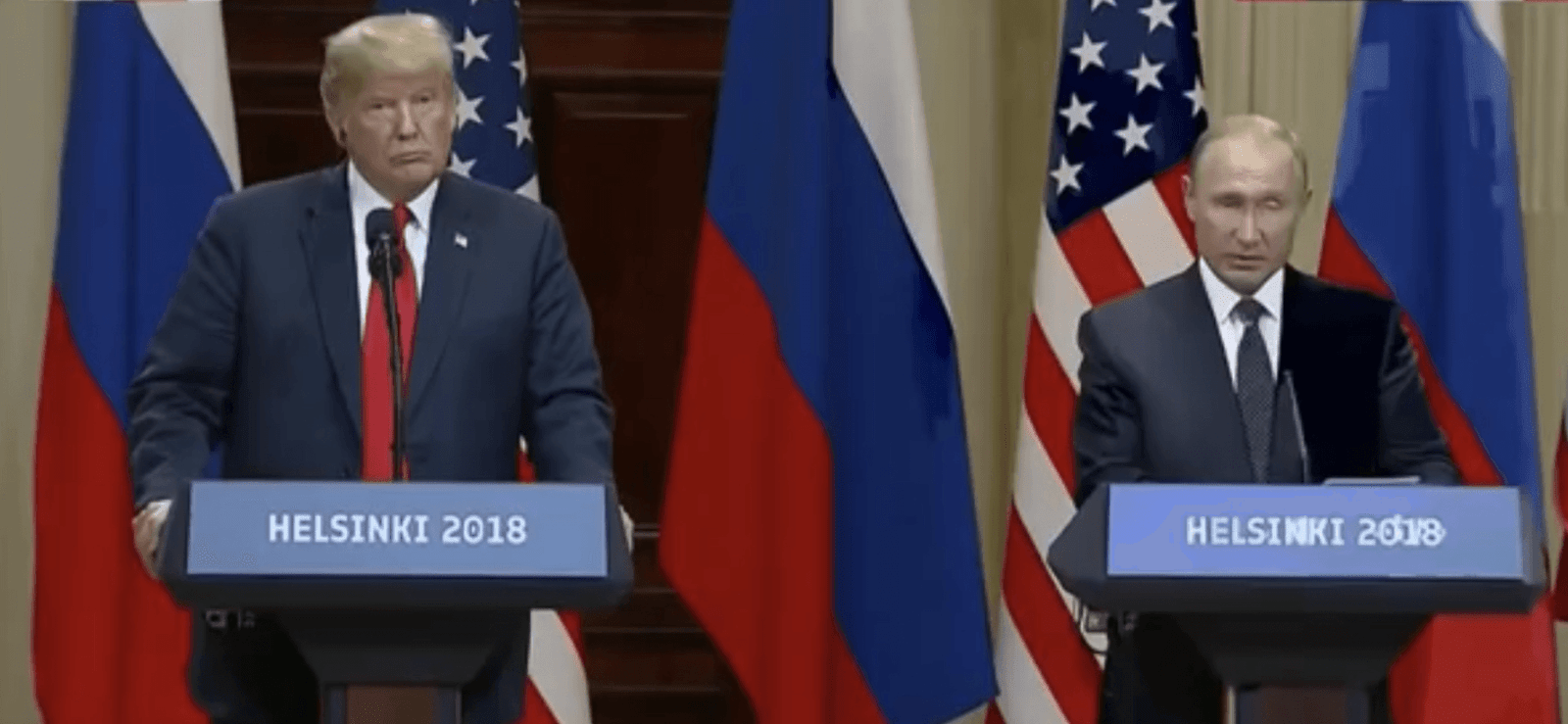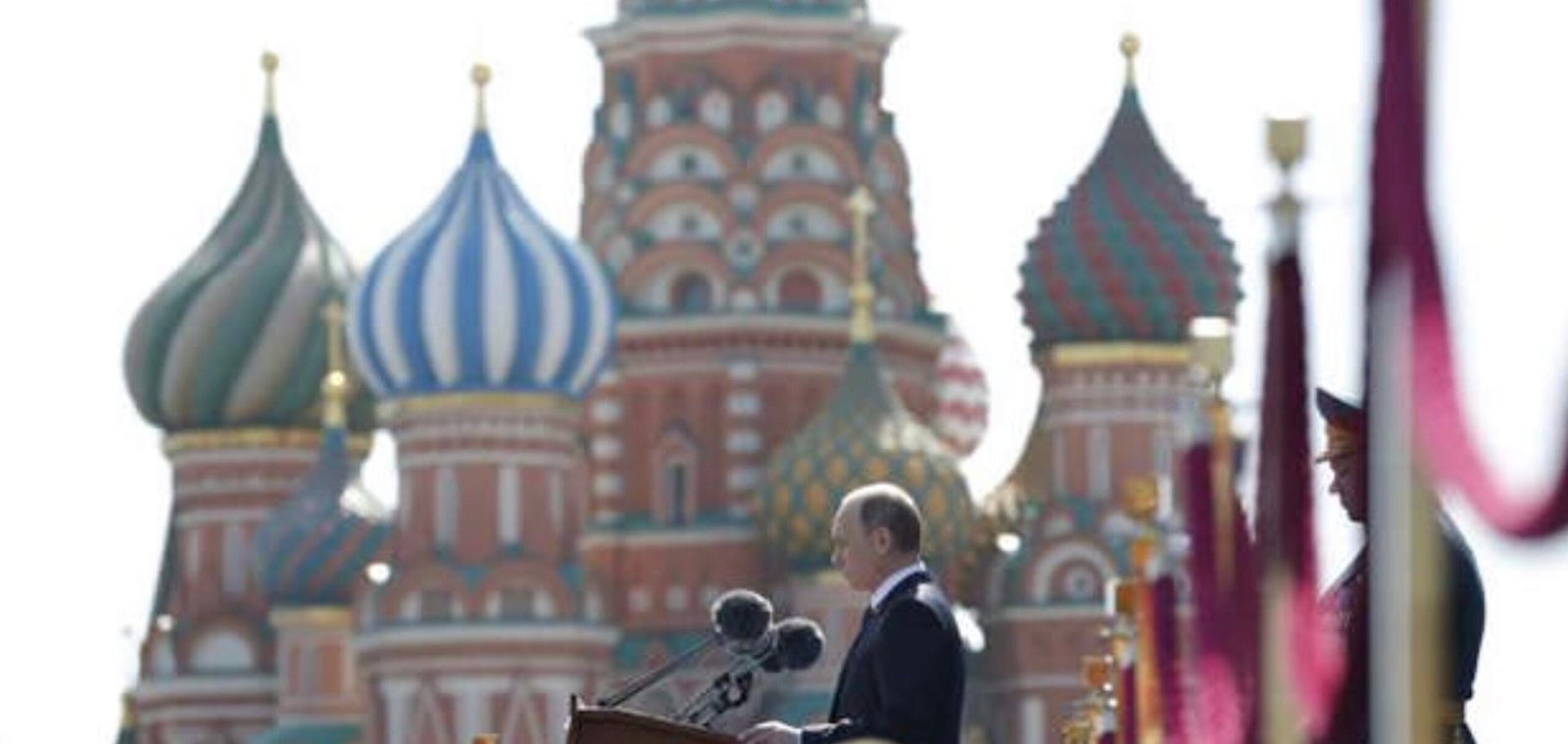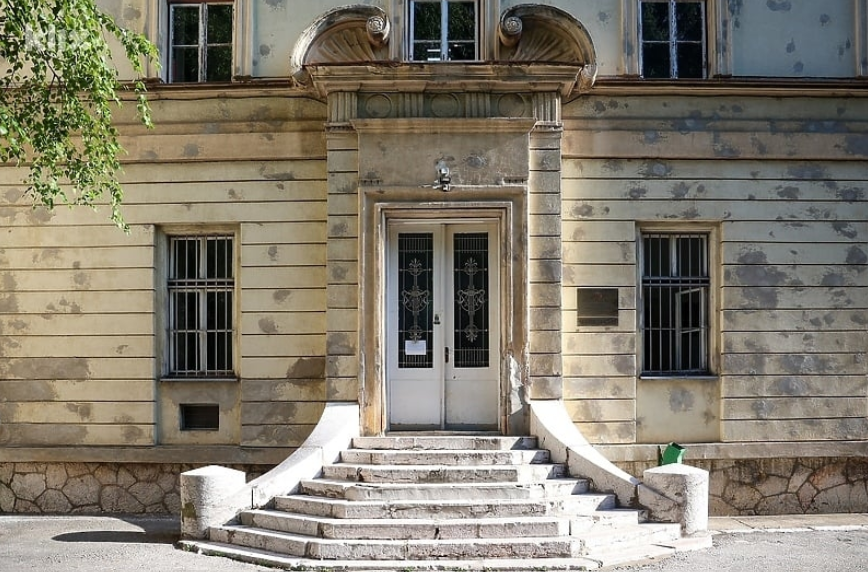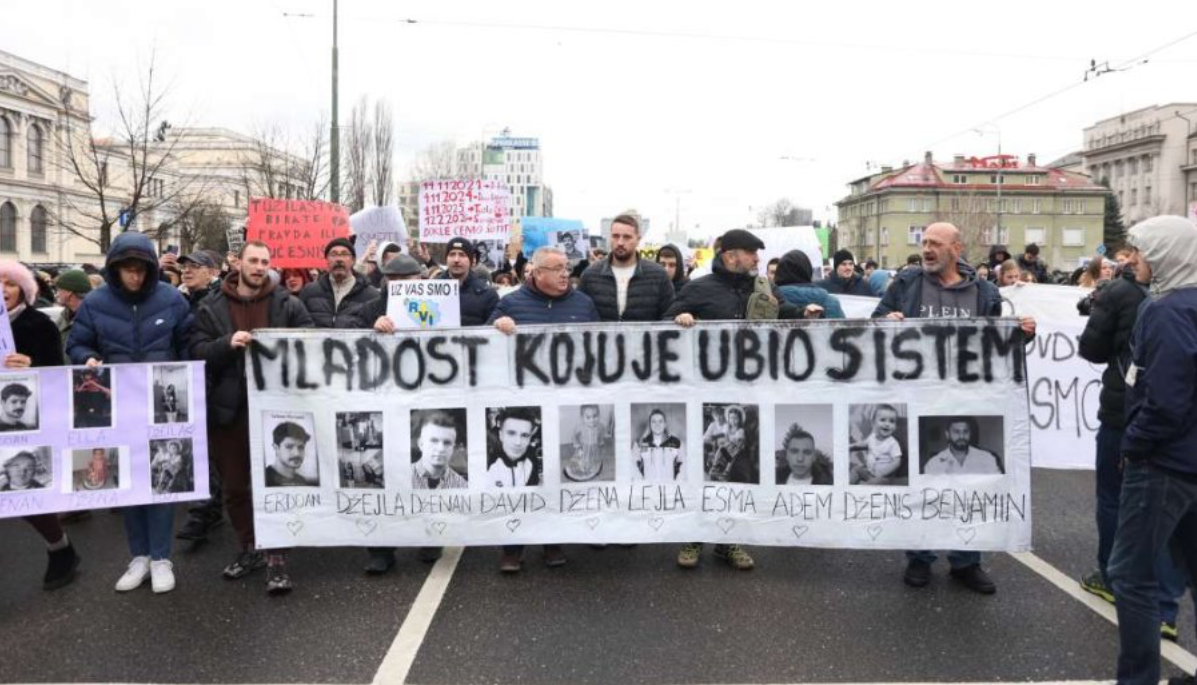A series of local wars have become interconnected into a global struggle for dominance and influence between two rival blocs. It is not simply a question of authoritarianism against democracy, or West against East, but the emergence of inter-regional alignments that cannot co-exist. This is not a “clash of civilizations” or a religious war, but a conflict based on a much more fundamental and existential division.
The two blocs can best be defined as the imperial and independence coalitions. Russia and China are at the forefront of the imperial bloc, seeking hegemony over neighbors by dominating their economies, determining their political systems, and seizing their territories. Their natural allies are states that have their own regional mini-imperial ambitions, such as Iran, North Korea, and Serbia or regimes that benefit from their economic and diplomatic backing to stay in power, including Belarus and Hungary.
The independence coalition is based around the Western and Eastern democracies but also includes semi-authoritarian states who seek to preserve their independence from the imperial predators. The United States is the most powerful anti-imperial state that itself emerged from a former empire. Washington has realized that you cannot impose democracy following its failures in Iraq and Afghanistan, although American leaders believe that a democratic form of government benefits a majority of citizens.
NATO and the EU are voluntary coalitions that provide security and prosperity to members. And a number of Pacific states, including Japan, South Korea, Taiwan, the Philippines, Australia, and New Zealand, seek similar protection against imperial imposters. The independence bloc also includes new democracies such as Ukraine, Moldova, and Georgia, emerging democracies and even quasi-authoritarian states that seek to defend their independence from imperial neighbors such as Azerbaijan and the Central Asian countries.
There is also a third bloc of states that opportunistically veer between the two major global coalitions, including India or Indonesia, or countries in Africa, south Asia, and Latin America that are preoccupied with domestic power struggles and economic underdevelopment and support whoever backs their leaders or provides economic assistance.
This global split has been exposed and exacerbated by a series of wars that increasingly involve the major powers. Russia launched the new “world war” by invading Ukraine in February 2022, banking on a speedy imperial conquest but is now facing catastrophic military losses, a contracting civilian economy, and an eventual rupture into a number of independent states that will want to join the global “independence bloc.”
To disguise its losses and undermine US and EU leadership in the independence bloc, Moscow has encouraged conflicts in several other regions. It benefits from proxies, collaborators, and beneficiaries such as Hamas, Hezbollah, and the Iranian regime to conduct terrorist attacks and spark wars in the Middle East. It encourages the Vučić regime and his collaborators in Bosnia-Herzegovina, Kosova, and Montenegro to destabilize independent governments and create problems for Washington and Brussels in the Western Balkans. And it backs North Korea in its threatening nuclear posture toward Seoul and Tokyo.
Moscow and Beijing are constantly in search of new regional conflicts that they can turn against their Western adversaries. However, not all regional wars benefit Russia but can actually expand both national independence and regional stability. Ukraine’s victory through the expulsion of Russian forces from all of its territory will pave the way for an enlarged and more secure Europe. In the South Caucasus, after Azerbaijan regained its occupied territories in a short military offensive in September, following three decades of armed conflict with Armenia, it is now poised to become a constructive regional player. Such a transformation will also require more coordinated involvement by the US and the EU.
The losers in Europe’s East will be Russia, and this will undermine the position of the current regimes in Serbia, Belarus, and Hungary. And in the South Caucasus both Russia and Iran, the two powers that thrive on regional conflict, will lose ground. The war between Israelis and Palestinians may only be resolved through a two-state formula in which Israel’s security is guaranteed and Palestine is disabled from attacking its neighbor. Such a solution was rejected by Palestinian leaders who want Israel to be wiped off the map and their radical position has enabled Iranian penetration with Russian support.
Claims that the US and EU cannot simultaneously manage two or more large-scale regional wars are misleading. Neither power is directly involved in the fighting in Ukraine or the Middle East. However, intense wars always reveal that during times of relative peace the West underestimates the imperialists by failing to keep pace with essential weapons and ammunition production.
Within the Western alliance, the Israeli-Palestinian war is more divisive than the war in Ukraine. Naked aggression by Moscow in Ukraine could not be hidden and led to a solid coalition for military and humanitarian assistance that is unlikely to fracture. Nonetheless, the EU’s diplomatic focus and financial resources will be split between Ukraine and Gaza and it could prove harder to provide large amounts of economic assistance and military hardware to Kyiv.
Regarding the Middle East, there has always been a strong leftist anti-Israel lobby in Western countries and is reinforced by antisemitic nationalists in Europe’s populist parties. These political groupings remain vulnerable to Russian penetration in which opposition to Israel is used as a tool against America. Western leaders also fear terrorist attacks and violent street protests if they clearly support Israel, which in turn will fuel far-right radicals and Islamophobes in upcoming national and European elections. Many governments are also wary of alienating Islamic states in Africa and Asia through their pro-Israeli stance. Once again, American leadership will be decisive in the outcome of the global confrontation between sovereignty and subjugation.
Janusz Bugajski is a Senior Fellow at the Jamestown Foundation in Washington DC. His recent book is Failed State: A Guide to Russia’s Rupture. His next book is titled Pivotal Poland: Europe’s Rising Strategic Player.


